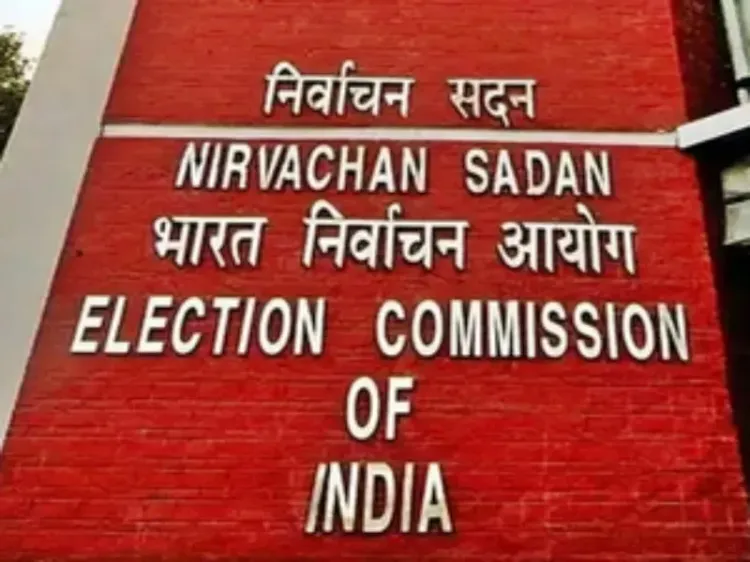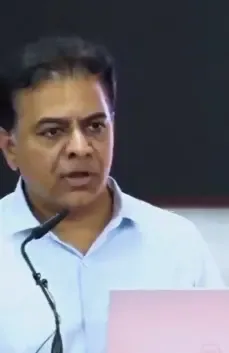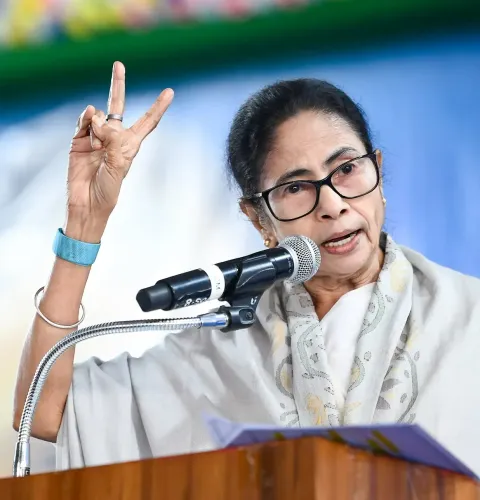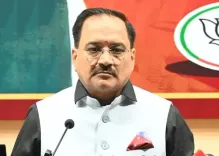Is the Bengal govt responding to ECI's demands for CEO office appointments?

Synopsis
Key Takeaways
- West Bengal government responds to ECI pressure.
- Names of bureaucrats forwarded for CEO office vacancies.
- Importance of filling posts ahead of Assembly elections.
- Potential for ECI to reject submitted names.
- Legal consultations initiated by the state government.
Kolkata, July 26 (NationPress) Under the influence of the Election Commission of India (ECI), the government of West Bengal has submitted the names of several bureaucrats for the consideration of the poll panel to fill important vacant positions in the office of the Chief Electoral Officer (CEO), West Bengal, Manoj Kumar Agarwal.
Earlier this week, the ECI communicated with the state Chief Secretary, Manoj Pant, instructing him to ensure the immediate operational independence and administrative fortification of the CEO's office in West Bengal.
In the same correspondence, the ECI instructed the Chief Secretary to appoint personnel for the four unfilled positions of additional, joint, and deputy CEOs in West Bengal, in consultation with the election body, considering the pivotal West Bengal Assembly elections scheduled for next year.
Sources from the state secretariat reported, "We have forwarded the names of three bureaucrats for each of these four vacant roles to the ECI. The election body will now choose from the candidates suggested by the state government."
Nevertheless, it was noted that the ECI could request the state government to propose new names for any or all vacant posts if the previously submitted names do not meet their standards.
In addition, the CEO's office has proposed relocating its current office from the Balmer Lawrie Building in Central Kolkata due to limitations in space and parking.
"It is likely that the new office will be moved to a building that accommodates other central government offices," the sources indicated.
Simultaneously, the state government has expressed its discontent regarding the ECI's directive to the Chief Secretary, emphasizing the need for immediate operational independence and administrative enhancement of the CEO's office in West Bengal.
The state administration has begun consulting legal experts to explore whether the ECI's instruction can be legally challenged.
The ruling party is inclined to contest the ECI's order in a suitable court, viewing the directive as a "political" maneuver rather than an "administrative" necessity.










